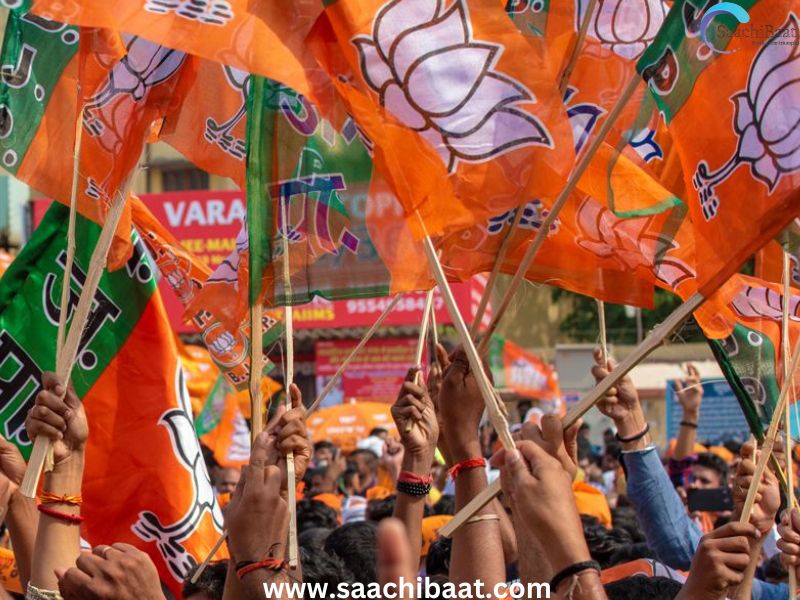Delhi: The high-stakes meeting on the One Nation, One Election proposal followed a tense exchange between opposition MPs and BJP leaders, as discussions centered on feasibility, justice, and what it constitutionally implies for simultaneous elections in India.
The anxiety of the opposition
Several opposing MPs questioned the practicality and democratic implications of the proposal. Drawing attention to the more diverse and complex areas, they argued that simultaneous elections could undermine national unity and weaken the voices of regional parties.
“This ideology could lead to a decentralization of power and undermine the specific needs of states, which usually require progressive elections to deal with local issues,” asserted Senator Adhiranjan Chowdhury.
Derek O’Brien of the TMC expressed concern about the logistical challenges: “With electorates and infrastructure, how do we ensure transparency and fairness? We have a big job if, in such a case, we have to do it.”.
The opposition also focused on the potential dangers of harmonizing state and national issues, which it was feared could marginalize specific national issues.
BJP’s response
BJP members strongly defended the proposal, calling it a major reform to reduce costs and improve governance.
Union Home Minister Amit Shah said: “One Nation, One Vote will save people money, reduce election fatigue, and allow governments to focus more on governance rather than a normal campaign trajectory.”
BJP MP Bhupendra Yadav added, “This idea is not new; it was in the early years of India. We need a strong program to restore it in a way that strengthens democracy.”
The BJP said that holding elections simultaneously would simplify the electoral process, reduce voter fatigue, and increase the stability of the government at the center and the state level.
The role of expert committees
The meeting was convened as part of the debate by a high-level committee formed to examine the proposal. The committee will submit a comprehensive report on its findings, which will cover constitutional amendments, policy requirements, and technical innovations needed to implement simultaneous voting.
Public response
The controversy has generated a lot of discussion across the country. While some citizens welcomed the idea as a practical step towards reducing electoral violence, others worried about the potential formation of power and its impact on the Indian system of government.
What’s next?
The government assured stakeholders that all views would be considered before taking any decision. Political analysts, meanwhile, believe that implementation of the proposal could drastically change India’s electoral landscape, making the outcome of these talks crucial to the country’s democratic process.Union Home Minister Amit Shah said: “One Nation, One Vote will save people money, reduce election fatigue, and allow governments to focus more on governance rather than a normal campaign trajectory.”
××××××××××××××
Telegram Link :
For latest news, first Hand written articles & trending news join Saachibaat telegram group
https://t.me/joinchat/llGA9DGZF9xmMDc1


